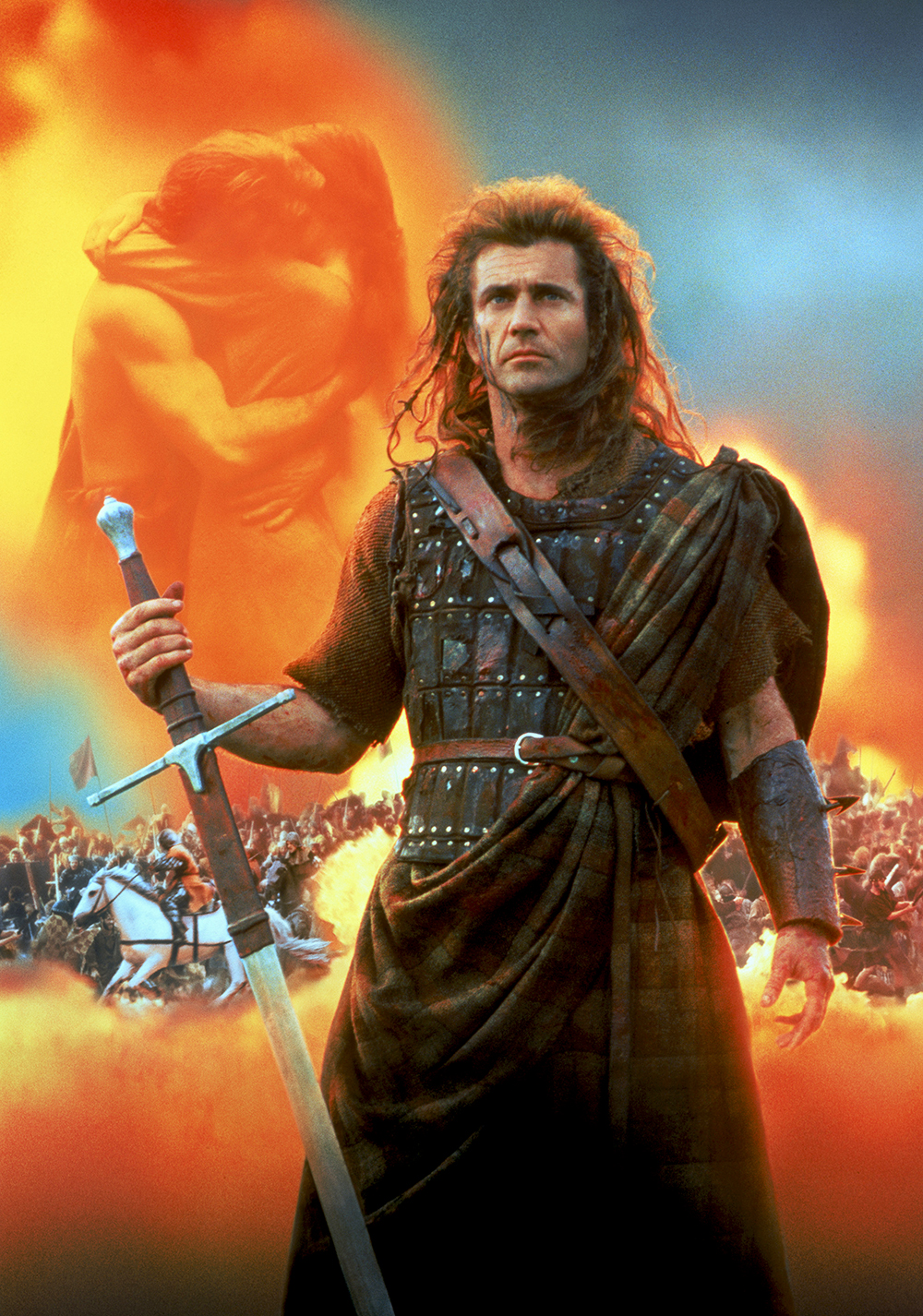


Wallace's dying cry, as his body was stretched on the rack, was "freedom!" That isn't exactly based on fact (the concept of personal freedom was a concept not much celebrated in 1300), but it doesn't stop Gibson from making it his dying cry. Not much is known about Wallace, known as Braveheart, except that according to an old epic poem, he unified the clans of Scotland and won famous battles against the English before being captured, tortured and executed as a traitor. It's an ambitious film, big on simple emotions like love, patriotism and treachery, and avoids the travelogue style of so many historical swashbucklers: Its locations look green, wet, vast, muddy and rugged. Mel Gibson's "Braveheart" is a fullthroated, red-blooded battle epic about William Wallace, the legendary Scots warrior who led his nation into battle against the English in the years around 1300.


 0 kommentar(er)
0 kommentar(er)
